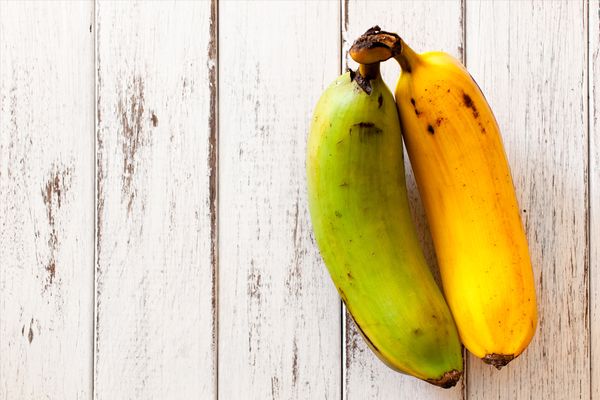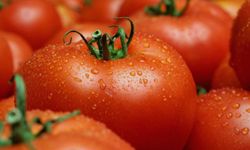Behold the tomato: Simple. Honest. Savory. Tomatoes are a staple of backyard gardens and a mainstay of professional chefs. Tomatoes are employed as umami additions in everything from sauces to sandwiches, and who can resist the tomato garnish? Lurking beneath the tomato's shining skin, however, is a decades-old controversy. Amid its firm flesh and sweet juices is an army of seeds. Could this darling of the vegetable garden actually be a fruit?
The answer is a resounding "maybe."
Advertisement
Determining the difference between a fruit and a vegetable may seem simple. After all, fruits have seeds and vegetables don't — and never the twain shall meet. This definition works perfectly well if you're a botanist, but not so well if you're a professional chef (or anyone who cooks or eats, for that matter). Speaking botanically, foods fall into the "fruit" category if they contain a seed or seeds and they come from plants. Peaches, watermelon, strawberries and cantaloupe are all good examples of fruits. Following this definition, however, means that avocados, cucumbers, olives, peppers and tomatoes are fruits, too. And therein lies the rub.
While many types of produce could be considered fruits using a botanist's point of view, few people who eat them abide by the same rules, largely because these "fruits" are savory in nature rather than sweet. Instead, most people treat tomatoes, avocados and squash as vegetables. But even the definition of vegetables is a subjective one: It's not a purely scientific construct but falls within the culinary realm. The aforementioned savory fruits are generally considered veggies, along with anything that includes leaves, stems, roots, flowers, bulbs and seeds — such as lettuce, turnips, asparagus, cauliflower, garlic, peas and pumpkins.
When it comes to nutrition, there aren't many differences between fruit and vegetables. They all contain a fair amount of fiber, as well as an array of vitamins and minerals. But that hasn't slowed the controversy surrounding their classifications. At one point, the debate even reached the U.S. Supreme Court. In 1893, during an embattled case known as Nix v. Hedden, the court heard arguments insisting that tomatoes should be taxed as vegetables rather than fruits (at the time, vegetables had a higher tax rate than fruits). In the end, the court ruled unanimously that an imported tomato could be taxed as a vegetable, even though, botanically speaking, it is considered a fruit [sources: Live Science, U.S. Supreme Court].
Advertisement


